PANDEMIC/HNRC 300VH
PANDEMIC/HNRC 300VH
May 11-22, 2020
This one-credit-hour forum is one of the first college courses in the nation to specifically focus on the global outbreak of COVID-19. Medical doctors, faculty experts and Arkansas Gov. Asa Hutchinson will confront the novel coronavirus from multiple perspectives, from public health and past pandemics to supply chain management and economic impacts. In so doing, the forum’s instructors situate COVID-19 within a broader narrative of the history of pandemics and provide context on the global health crisis.
- John Cairns (Health Economics)
- Lynda Coon (Medieval History and Religion)
- David Dobrzykowski (Supply Chain Management)
- Di Fang (Economics/Ag Business)
- Kristian Forbes (Biological Sciences)
- Brian Fugate (Supply Chain Management)
- Chaim Goodman-Strauss (Mathematical Sciences)
- Kelly Hammond (History of Modern East Asia)
- Asa Hutchinson (Governor of Arkansas)
- Lynn Jacobs (Medieval Art History)
- John Kent (Supply Chain Management)
- Mary Lacity (Supply Chain Management)
- James Newton, M.D. (Infectious Diseases, Washington
- Regional Medical Center)
- Jennie Popp (Economics/Ag Business)
- Jeremy Powell (Animal Sciences)
- Brian Primack, M.D. (Public Health/Medicine)
- Laura Rothfeldt, D.V.M. (Arkansas Public Health Veterinarian)
- Trish Starks (History of Medicine)
- Daniel Sui (Geosciences)
- Mark Thomas, M.D. (Population Health, Washington Regional Medical Center)
- Rod Thomas (Supply Chain Management)
- Lauren Thomas (Animal Science)
- Remko van Hoek (Supply Chain Management)
- Matt Waller (Supply Chain Management)
- Brent Williams (Supply Chain Management)
- Jiangchao Zhao (Animal Science)
Explore Course Videos
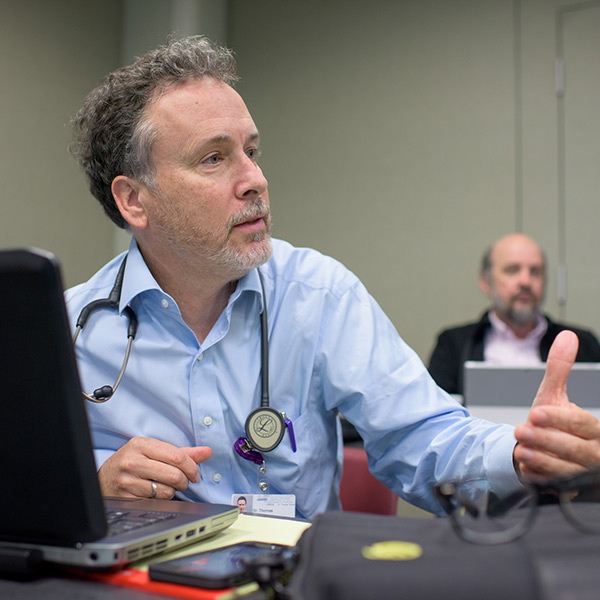
Forum #1: Fighting the Coronavirus
“How do you quarantine somebody if they are a line worker in a protein production
plant and they live in a two-bedroom apartment with eight other people? What resources
can we bring to bear to help support those people … who actually are as essential
to the operation of our society as Dr. Newton or as I am?”
-- Mark Thomas, M.D., Vice President and Medical Director of Population Health, Washington Regional
Medical Center

Forum #2: China
“It’s not really the fault of any one nation, it’s the fault of the forces of globalization that have gotten us to this point, but now we’re reacting to this crisis in a national way … Only by coming together and finding solutions that address all of these issues … are we really going to be able to move forward.”
-- Kelly Hammond, Assistant Professor of History
J. William Fulbright College of Arts & Sciences,
University of Arkansas
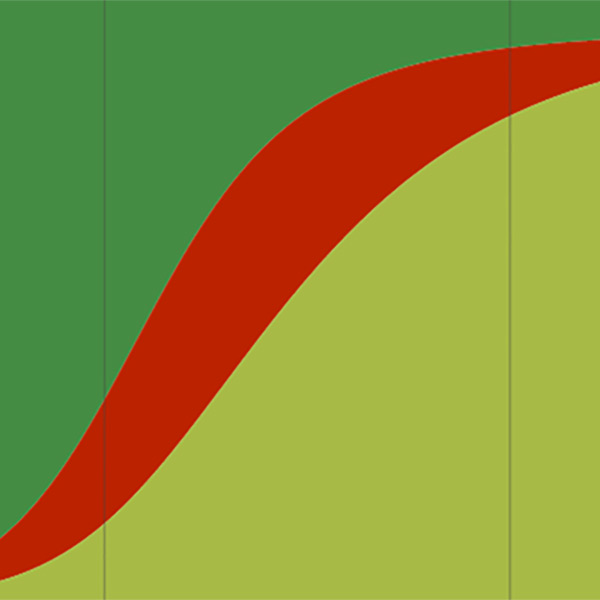
Forum #3: Mathematical & Geographic Modeling
“The post-COVID-19 world is not going to be business as usual … This is a reckoning moment for humanity, for human history, and we have to think broadly and deeply about who we are, what we are doing, and how we are conducting our lives.”
-- Daniel Sui, Vice Chancellor for Research & Innovation and Distinguished Professor of Geography, University of Arkansas
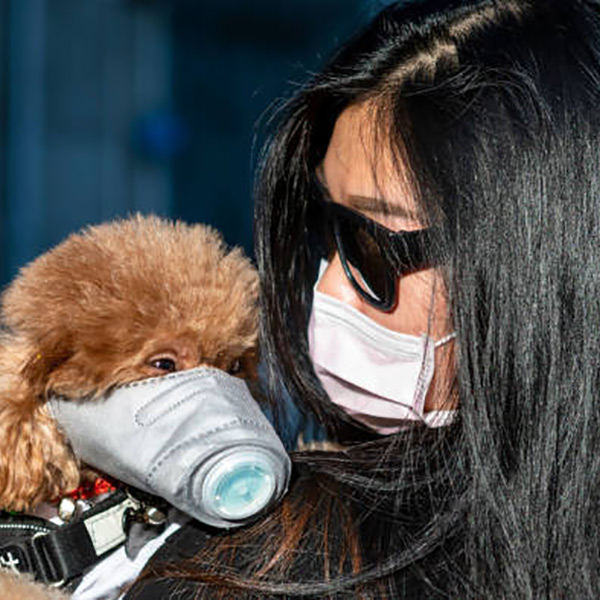
Forum #4: Human-Animal Disease Transmission
“We have a good surveillance system for a lot of the human-transmission diseases, but we don’t have a good health surveillance system for animal diseases worldwide … That’s where we get caught flat footed.”
-- Laura Rothfeldt, D.V.M., Arkansas Public Health Veterinarian
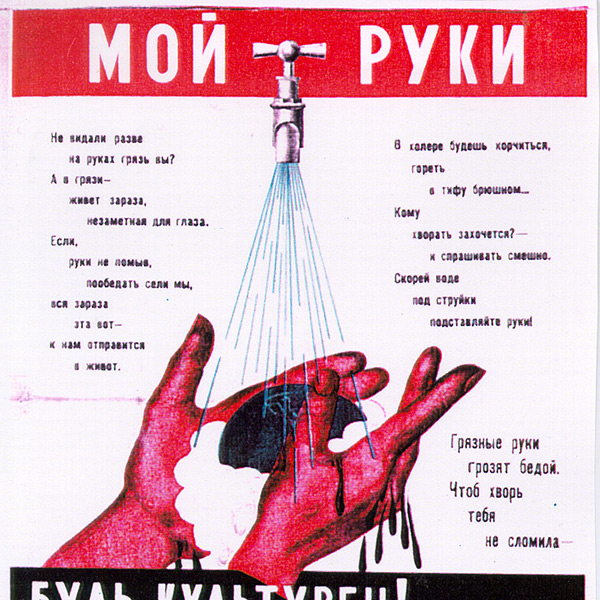
Forum #5: Quarantine and Plague
“The rich people had a better and easier time of hiding illness, either fleeing outward … or being able to avoid the quarantine altogether. And this is where we see class conflict: The rich could afford to isolate; the poor could not.”
-- Trish Starks, Professor of History
J. William Fulbright College of Arts & Sciences,
University of Arkansas
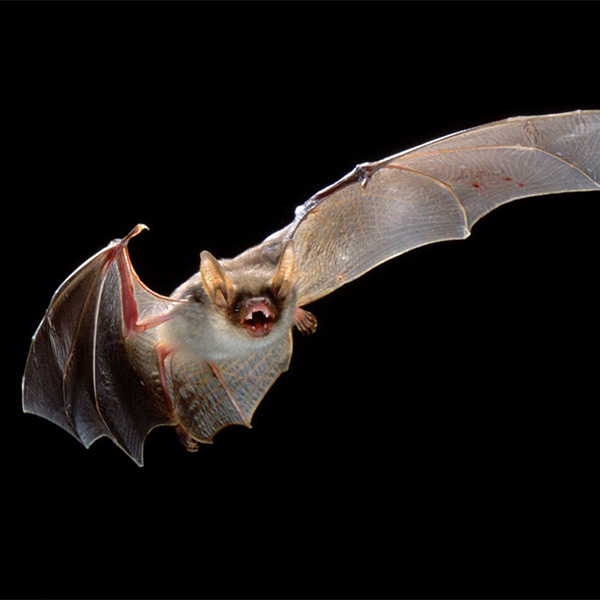
Forum #6: Ebolavirus and Coronavirus Among Wild Animals
“I think of bats as the new rodents … All of the habitat loss around the world is bringing them into closer contact with us.”
-- Kristian Forbes, Assistant Professor of Biological Sciences, J. William Fulbright College of Arts & Sciences, University of Arkansas

Forum #7: Media, Perception, and Behavior
“A lot of people are suffering with COVID, but guess what? The 99-point-whatever percent of people who are not personally suffering with COVID, when they are consuming all of the media that is telling them about all of the horrible things that are happening, they are also sort of suffering with COVID.”
-- Brian Primack, M.D., Dean, College of Education and Health Professions, University of Arkansas
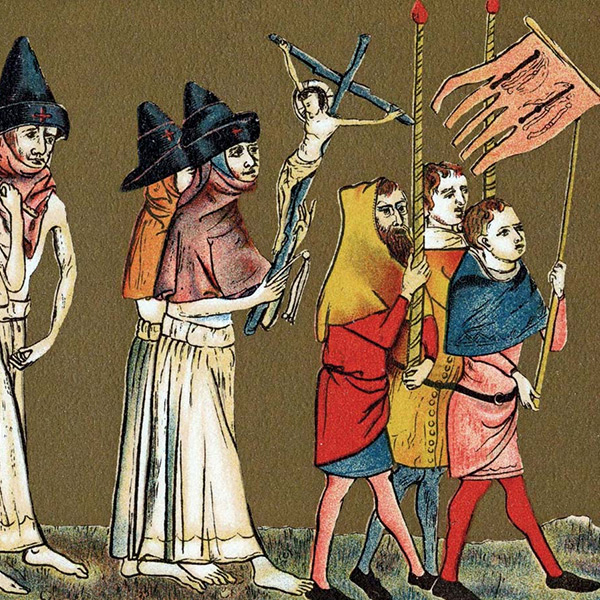
Forum #8: Medieval Apocalypse
“Plague has the ability to make the Bible living, here and now … as well as the suffering of Jesus, acted out by traveling bands of very controversial flagellants.”
-- Lynda Coon, Dean, Honors College & Professor of History
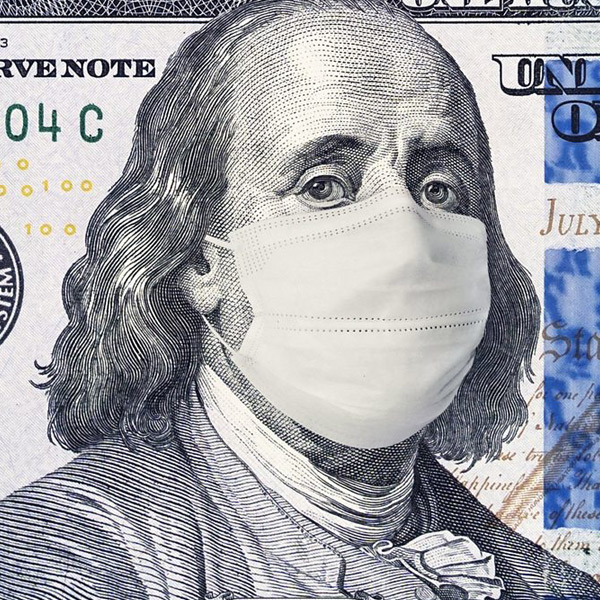
Forum #9: Economic Impact
“There is a relationship between just how much we restrict activity and how much future damage we’re causing to our own well-being. It’s very much a decision for the politicians.”
-- John Cairns, Professor of Health Economics, London School of Hygiene & Tropical Medicine
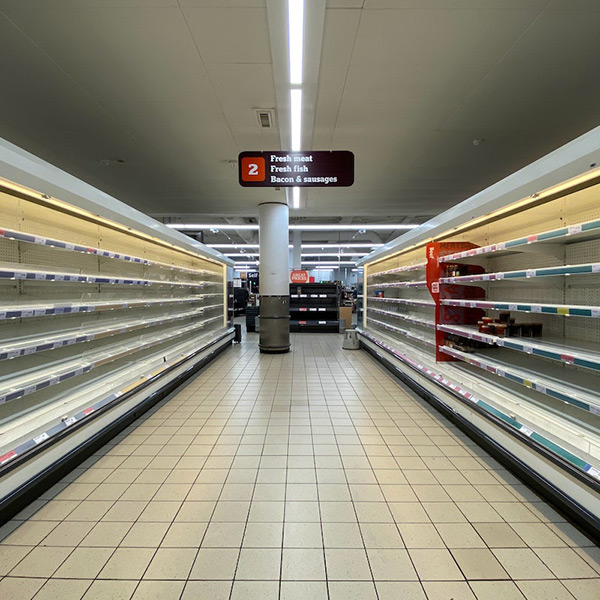
Forum #10: Supply Chain
“COVID-19 is off the charts – this is a disruption like we haven’t seen before.”
-- David Dobrzykowski, Associate Professor of supply chain management, Sam M. Walton College of Business, University of Arkansas
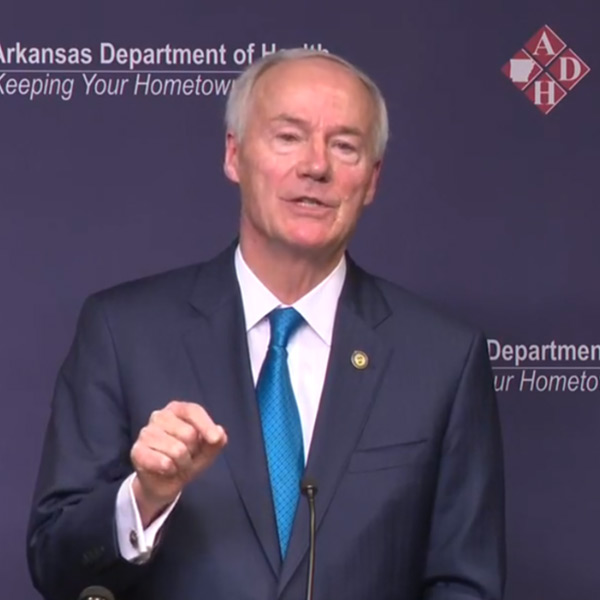
Forum #11: Arkansas Responds
“The first thing that I did, whenever the CDC said it’s a good idea to wear a mask – you know, I’m a politician, I don’t like having a bad look. Well, I got over that the first day, I just put on the mask … I wanted to set an example that hey, this is important for us.”
-- Arkansas Gov. Asa Hutchinson